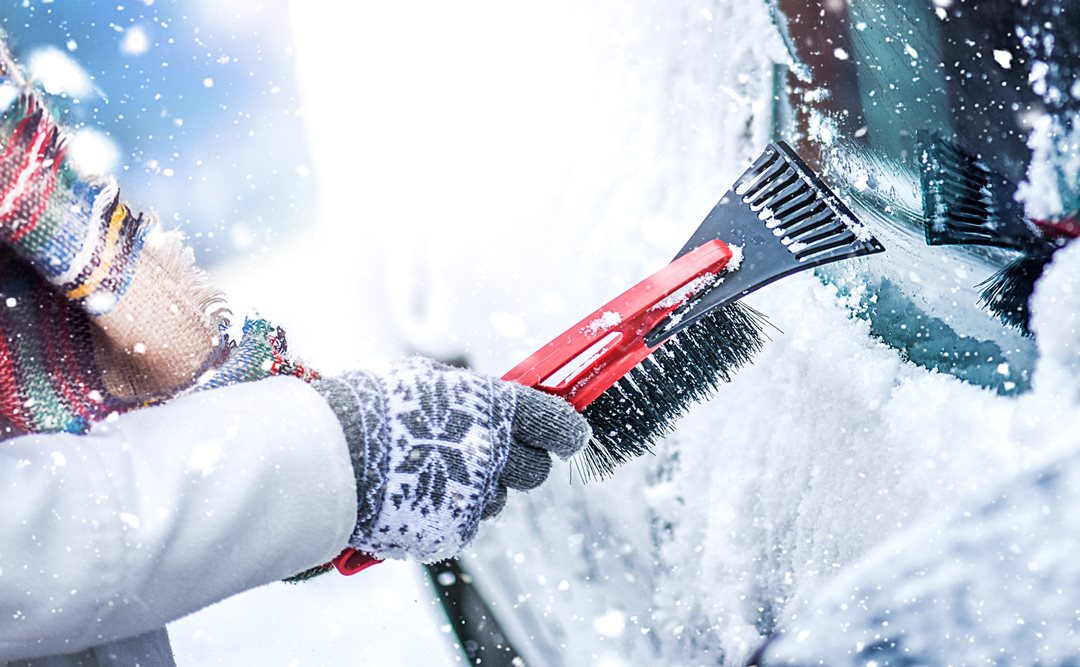How should you prepare for freezing temps? | PEMCO

When it comes to winter in the PNW, your motto should always be “be prepared” (thanks, Boy Scouts)! Prevention is everything, especially when we’re talking about rainfall, windstorms, ice, and snow. Find helpful tips to prepare your home and vehicle, and help avoid costly (and inconvenient) weather-related damage.
Once your list is checked off, settle in, and hibernate inside with a cozy fire, a warm blanket, and a cup of hot cocoa. Most importantly stay safe!
Preparing your home and property for freezing temps
-
It’s not too late to clear your gutters, insulate pipes, remove and store your garden hose, and drain inground sprinkler systems.
-
Dryer vents can become clogged and become a fire hazard, so have these professionally cleaned at least once a year.
-
Make sure you have deicer, snow shovels, and a roof rake easy to access.
-
If you haven’t yet, have your furnace professionally serviced and clean your gas or propane fireplaces every two years.
-
Make sure you’re ready for potential power outages and snowstorms by preparing your freezer, updating your surge protectors, and stocking up on medications and needed pantry items.
-
If you’re lucky enough to have a fireplace, get your chimney professionally checked and have your firewood stacked in a dry, accessible spot.
-
If you have a basement sump pump, check to make sure it's working and consider getting a sump pump alarm (trust us on this one).
Preparing your vehicle for freezing temps
-
If you don’t already, park in the garage through the winter months.
-
Now is the time to switch to winter tires, or make sure you have snow chains in the trunk of your vehicle (make sure you know how to put them on!)
-
Windshield wiper blades also need to be replaced annually to be effective against rain and snow.
-
Ensure you have all necessary items in your car’s emergency kit.
-
Check your antifreeze.
-
Make sure you keep your gas tank full to minimize water condensation.
-
Use these winter car hacks to get into your car and defrost faster.
-
Familiarize yourself with your local snow routes, especially in hilly areas, and brush up on how to drive in snowy conditions.
What weather events should you prepare for?
Ice
Frozen water wreaks all sorts of havoc on homes and cars (and as many PNW car owners learned last year, cars are no match for ice on hills).
If you follow our tips for clearing gutters, removing hoses, draining in-ground sprinkler systems, and insulating your outdoor pipes, you are one step ahead already!
Indoors, to keep pipes from freezing, open your lower cabinets to allow warm air to circulate. Turn your faucet on, with the lowest trickle of cold water running overnight, as moving water is less likely to freeze.Consider installing water sensors, ideally paired with a smartphone app, to alert you of trouble in leak-prone areas like bathrooms, laundry rooms and basements. You could even save on your insurance premiums with PEMCO's Protection Device Discount.
Finally, de-ice steps and walkways to ensure no one slips and falls coming to, from, or into your home.
Wind
December is the peak month for windstorms in the Northwest, with windstorm "season" usually running from November through February. Trees falling on roofs and cars are the biggest safety risks in a windstorm.
The best time to protect your home (and your liability for your neighbor’s home) is before the storm. When it’s clear, walk around your property and look for loose branches and weak trees. Clear what you can and hire a professional for what you cannot safely remove yourself.
Water runoff
One of the biggest myths about homeowners' insurance sold in the United States is that it covers environmental flooding – the kind you see on the news caused, for example, by overflowing rivers. In most instances, it doesn't. You need separate, standalone flood insurance for that.
Cleaning your gutters and downspouts early in the season will also help ensure the water runoff has a safe place to go. Check around your home to make sure irrigation channels successfully direct water away from your foundation. In the instance of heavy rain or snow fall, you may need to recut channels to divert water from your garage or basement.
One never knows quite what to expect when it comes to winter in the Pacific Northwest, but we think it's safe to assume that freezing cold, wind, and excess water are par for the course. Once you’re prepared, you can rest assured knowing you’ve done your due diligence (until meteorological spring arrives in late March).
Stay warm, PNWers!
Share on social media